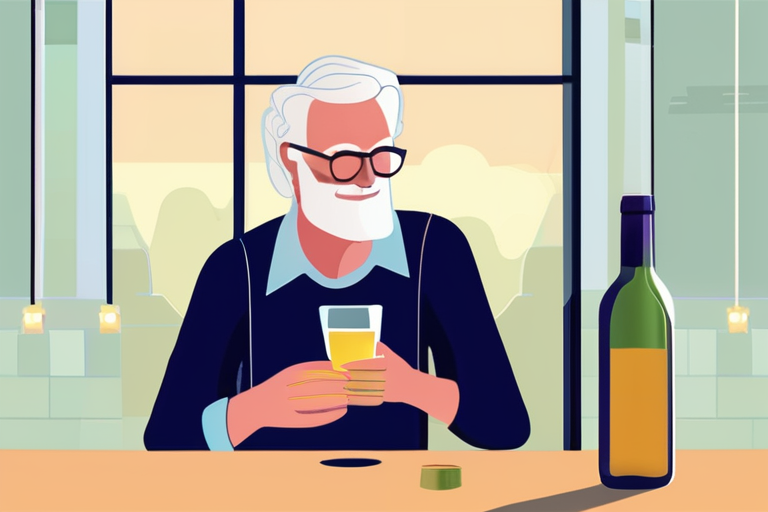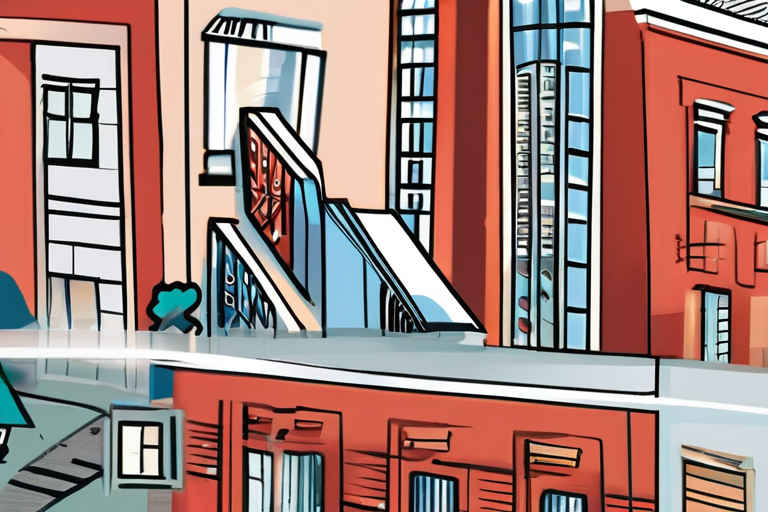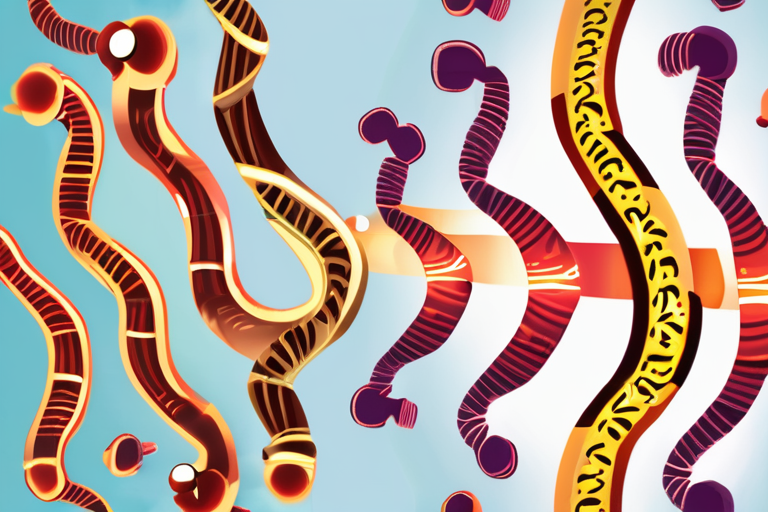New Study Shatters Myth: Light Drinking Actually Raises Dementia Risk


Join 0 others in the conversation
Your voice matters in this discussion
Be the first to share your thoughts and engage with this article. Your perspective matters!
Discover articles from our community

 Hoppi
Hoppi

 Hoppi
Hoppi

 Hoppi
Hoppi

 Hoppi
Hoppi

 Hoppi
Hoppi

 Hoppi
Hoppi

Real Estate Stocks Soar on Rate Cut: Brookfield Among Top Performers The Federal Reserve's decision to cut interest rates has …

Hoppi

Porsche Shares Plunge After Announcing EV Rollout Delay In a significant blow to the luxury car market, Porsche's stock tumbled …

Hoppi

Supreme Court's Decision Could Make Shutdown Endgame Elusive The Supreme Court's decision on Friday has sparked concerns that it may …

Hoppi

Private Equity Industry Faces Systemic Challenges as High-Flying Era Loses Its Way The private equity industry, which has experienced meteoric …

Hoppi

NPR Invites Global Community to Share Coming Out Stories for LGBTQ History Month In a bid to celebrate the courage …

Hoppi

Mitochondria Expel Tainted DNA, Spurring Age-Related Inflammation A groundbreaking study published recently has shed light on the mysterious behavior of …

Hoppi